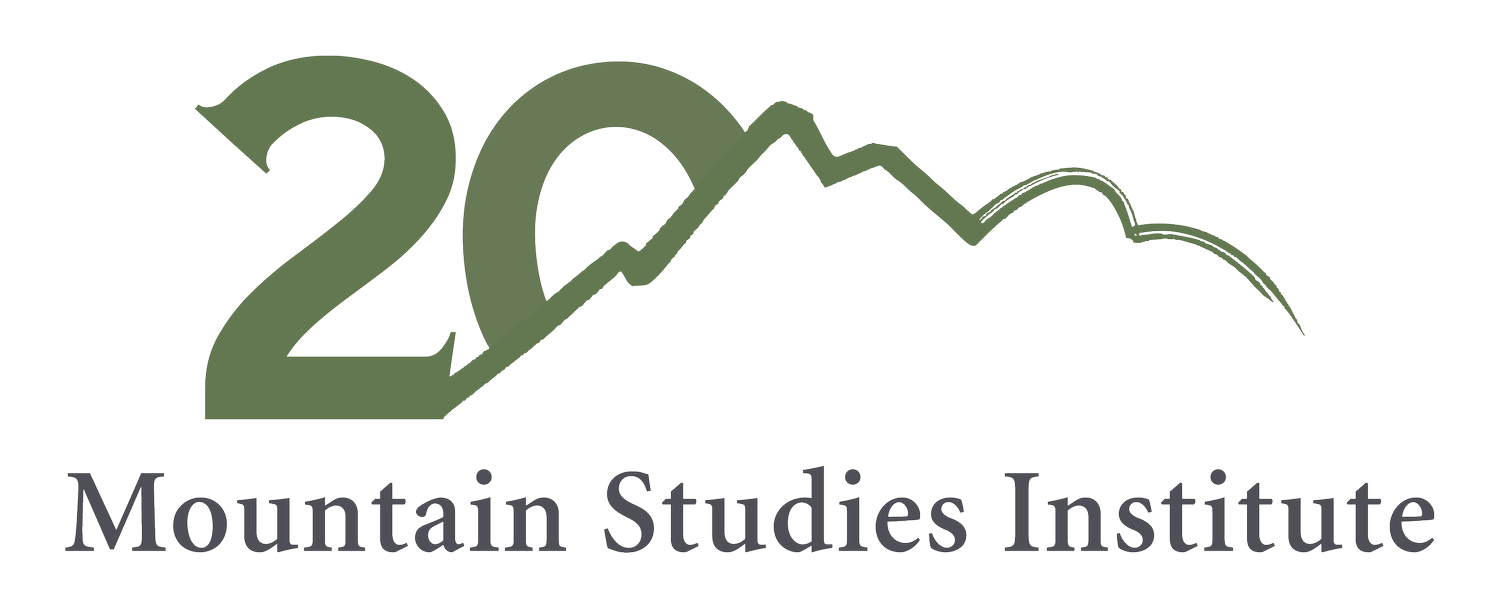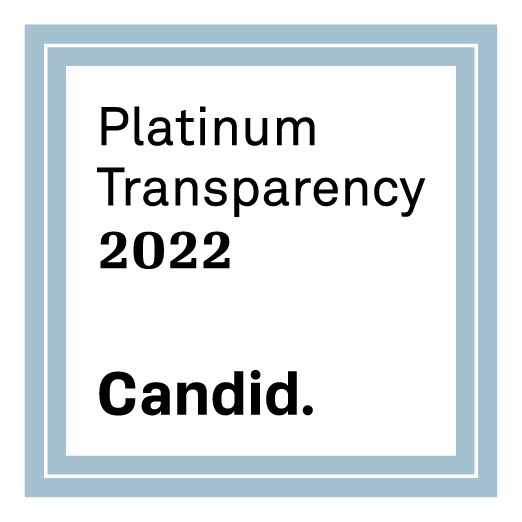amanda kuenzi
Meet Amanda Kuenzi, MSI's Community Science Director and chief annihilator of invasive species.
MSI: What do you love about living and working in the San Juan Mountains?
AK: I love the endless possibilities! There is so much to learn, and there are so many questions to ask. It seems we will never run out of trails to go down, literally and figuratively.
MSI: What kind of projects do you work on for MSI? What is your favorite project that you work on and why?
AK: I work on vegetation ecology and education for MSI. My favorite project is the Russian Olive Removal and Replacement project because it allows me to do meaningful and concrete work to ensure a more sustainable future for the Animas River watershed, and at the same time, I get to engage with my community. I’ve had the opportunity to meet and talk with so many landowners in the Animas Valley and learn about the ways in which they relate to the land. It’s a truly rewarding project, and I enjoy knowing that we’re leaving this river valley a little better with every parcel we complete.
MSI: What is your most memorable, rewarding, challenging, or awkward experience from your time at MSI?
AK: One of the most rewarding experiences I’ve had was while teaching Ecology Camp in Silverton. It was a day when we were teaching the students about water quality in the Animas River by looking at the benthic macroinvertebrates that live there. We have several non-English speaking students in the class. I gave one of them a magnifier so he could see a macroinvertebrate up close. The look on his face and the “Wow!” he exclaimed were unforgettable. Despite the language barrier, there was real learning taking place that day. Experiential learning can be a universal language, and that child’s interest in wanting to know more about the natural world was definitely ignited that day.
MSI: What do you think is the most exciting change MSI has undergone in the last 15 years? (or in the time you've been with MSI?)
AK: I think that MSI has become a trusted source for science in the communities where we work. A lot of that is due to our response to the Gold King Mine incident. I feel proud that we are a non-partisan source for information about our environment.




